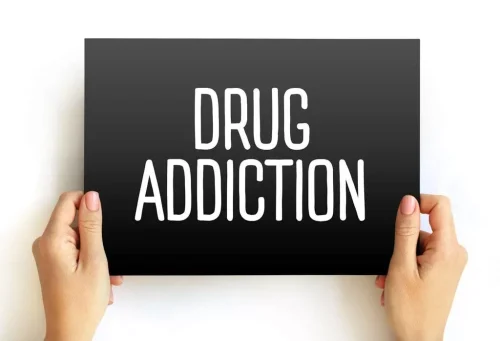
We’ve rounded up our top tips to give upalcohol and start on your journey. The Recovery Village Atlanta offers comprehensive addiction treatment for drug and alcohol addictions and co-occurring mental health conditions. The dehydrating effect of alcohol is sneezing a sign of withdrawal affects your skin and your hair significantly. As you have four weeks of better hydration, improved sleep and better overall health, it will noticeably affect your skin and hair. Your skin may appear fuller and healthier in consistency and quality.
Related Content
Remind yourself of the adverse long-term effects of heavy drinking and how it won’t really make you feel better, even in the short term. If certain people, places, or activities trigger a craving for alcohol, try to avoid them. This may mean making major changes to your social life, such as finding new things to do with your old drinking buddies—or even giving up those friends and finding new ones. Cravings for alcohol can be intense, particularly in the first six months after you quit drinking. Good alcohol treatment prepares you for these challenges, helping you develop new coping skills to deal with stressful situations, alcohol cravings, and social pressure to drink. The symptoms listed above may be a sign of a severe form of alcohol withdrawal called delirium tremens, or DTs.
Avoid loneliness.
And if you’re thinking about removing alcohol from your life, you’re not alone. Consider staging a family meeting or an intervention, but don’t put yourself in a dangerous situation. Support can come from family members, friends, counselors, other recovering alcoholics, your healthcare providers, and people from your faith community. It’s much easier to avoid drinking if you don’t keep temptations around. Make a table like the one below, weighing the costs and benefits of drinking to the costs and benefits of quitting. Quitting alcohol for one month seems like a short time, but a 2015 study found that many people who participate in Dry January continue to drink less six months later.
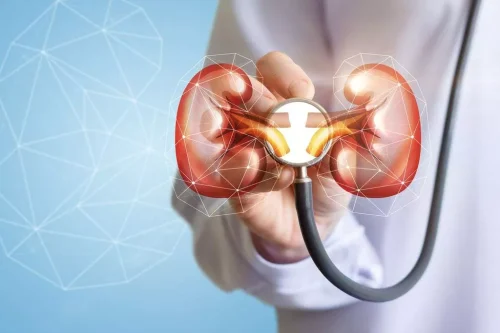
How to Quit Drinking (or at Least Cut Back)
- For 3 to 4 weeks, write down every time you have a drink and how much you drink.
- Alcohol makes it harder for your body’s immune system to make enough white blood cells to fight off germs and bacteria.
- If you wish you could change your mindset so alcohol doesn’t have a hold over you anymore, I urge you follow Allen Carr’s Easyway to Control Alcohol.
- Among other things, you might find you have more energy, that you’re sleeping better, or that you’ve lost a fair amount of weight.
- So cutting down on alcohol should help you feel more rested when you wake up.
In the early stages, it’s a good idea to avoid situations where you may be tempted to drink. This could mean opting out of the weekly pub quiz for a while, or if you tend to drink when eating out, try going to restaurants that don’t sell alcohol or simply volunteer to drive. Build a sober social network – If your previous social life revolved around alcohol, you may need to make some new connections. It’s important to have sober friends who will support your recovery. Try taking a class, joining a church or a civic group, volunteering, or attending events in your community. Lean on close friends and family – Having the support of friends and family members is an invaluable asset in recovery.
- Even if you know that there are benefits to quitting alcohol, it does not mean that it’s easy to stop drinking—especially if you’ve been misusing alcohol for a long time.
- You don’t have to leave the house to get support from other people who understand and respect what you’re trying to do.
- American Addiction Centers (AAC) is committed to delivering original, truthful, accurate, unbiased, and medically current information.
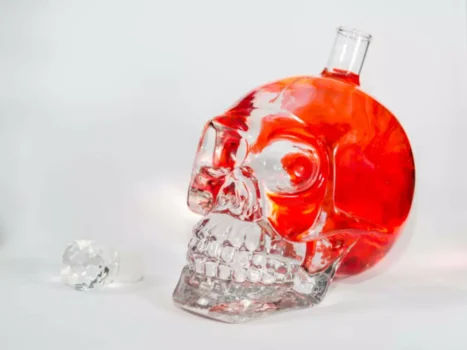
Just being dry for 1 month and going back to drinking in excess is a bad idea. If you are drinking in excess, it’s better to cut your alcohol intake,” said Dasgupta. For instance, Dasgupta cited research he conducted on the relationship between genetics and alcohol misuse. He noted that people of Chinese and Indian descent do not benefit from drinking alcohol due to a genetic reason that isn’t fully understood. When you constantly have some alcohol in your bloodstream, you will not think as clearly.

Figure out how much you actually drink
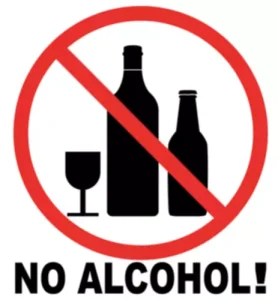
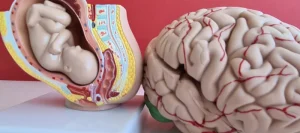

Leave a Reply